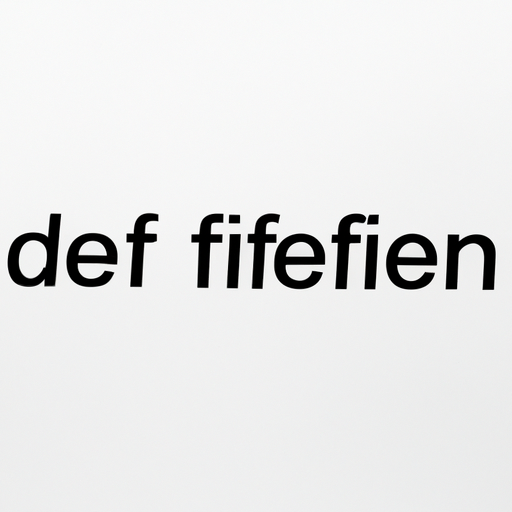In 2023, Decentralized Finance (DeFi) continues to reshape the financial industry by leveraging the power of blockchain technology. The movement towards DeFi has gained remarkable traction, providing individuals with unprecedented access to financial services without the need for traditional intermediaries.
What is Decentralized Finance?
DeFi refers to a financial ecosystem built on blockchain networks that enables users to conduct peer-to-peer transactions, borrow and lend assets, and earn interest, all without reliance on banks or financial institutions. This innovative approach empowers users, offering them more control over their assets and transactions.
Key Components of DeFi
- Smart Contracts: Automated contracts that execute transactions when predefined conditions are met, ensuring security and trust.
- Decentralized Exchanges (DEXs): Platforms that facilitate the trading of cryptocurrencies directly between users without an intermediary.
- Stablecoins: Cryptocurrencies designed to have a stable value, providing a bridge between volatile crypto markets and traditional fiat currencies.
- Lending and Borrowing Protocols: Platforms that allow users to lend their assets for interest or borrow against their holdings.
Current Trends in DeFi for 2023
The DeFi space is evolving rapidly, with several trends impacting its growth:
- Layer 2 Solutions: Innovations such as rollups are improving transaction speeds and reducing costs on congested Ethereum networks.
- DeFi Insurance: As risks grow in the DeFi ecosystem, insurance solutions are emerging to protect users against potential losses.
- Interoperability: Multiple blockchain projects are focusing on creating bridges that allow for seamless interactions between different DeFi protocols.
- Institutional Adoption: More traditional financial institutions are exploring DeFi, recognizing its potential for offering new services to clients.
Challenges Facing DeFi
Despite its potential, DeFi is not without challenges, including:
- Regulatory Risks: Governments are starting to implement regulations that could impact DeFi projects and the way they operate.
- Security Concerns: DeFi platforms are frequently targeted by hackers, exposing users to significant risks.
- Scalability issues: As usage grows, many platforms struggle to maintain performance, leading to higher transaction fees and slower processes.
Conclusion
As we navigate through 2023, the Decentralized Finance landscape presents a unique opportunity for innovation in financial services. By addressing current challenges and harnessing emerging technologies, DeFi has the potential to democratize finance, offering a new paradigm that could eventually lead to a fully decentralized financial system.
Stay tuned for the latest updates and developments in the world of DeFi, as this space continues to evolve and shape the future of finance.




